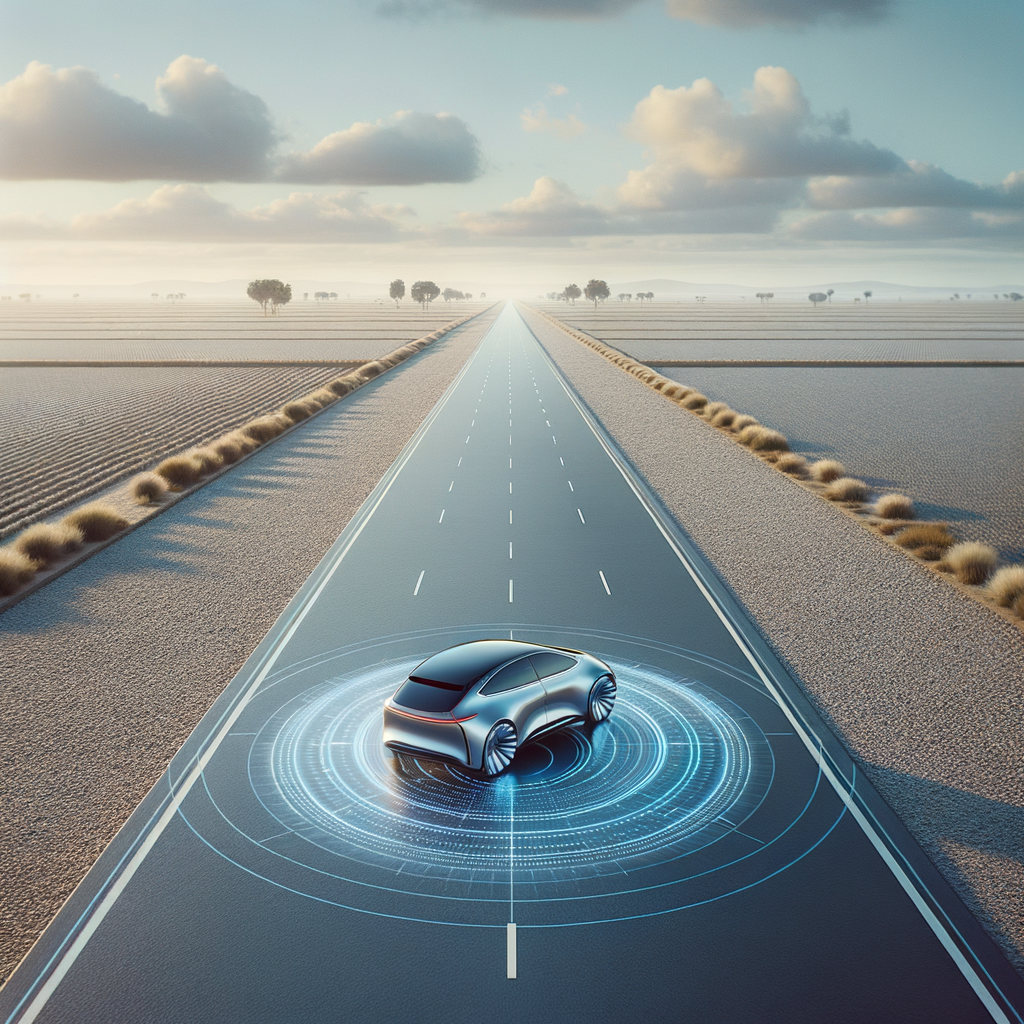
Exploring AI in Autonomous Driving: The Road Ahead
Dive into the transformative journey of AI in autonomous driving. This post explores the core technologies, challenges, and future directions of AI-driven automotive innovation. From understanding perception algorithms to the ethical considerations of self-driving cars, discover how AI is revolutionizing the roads.
Exploring AI in Autonomous Driving: The Road Ahead
Autonomous driving has been a topic of fascination and rigorous research in the automotive industry, fueled by advances in artificial intelligence. With the promise of safer, more efficient, and convenient transportation, AI is at the heart of this technological revolution.
The Core Technologies
At the foundation of autonomous driving are several AI technologies:
- Perception Algorithms: These involve computer vision and sensor fusion to interpret the environment.
- Path Planning: AI determines the best route while dynamically reacting to changes in traffic and road conditions.
- Decision Making: Real-time processing to make ethical and safe driving decisions.
- Control Systems: They manage the mechanical aspects to maneuver the vehicle accurately.
Challenges in Autonomous Driving
Despite significant advancements, several challenges remain:
- Data Acquisition and Processing: The vehicles must constantly process vast amounts of data.
- Safety Concerns: Human safety is paramount; therefore, the systems must be reliable beyond doubt.
- Ethical Dilemmas: Programming AI to make ethical decisions in critical situations remains unsolved.
- Regulatory Hurdles: Laws and regulations must evolve to accommodate self-driving technology.
The Future of Autonomous Vehicles
In the upcoming years, we can expect several developments:
- Enhanced AI Models: With better data and more advanced AI algorithms, self-driving cars will become more adept at handling complex driving scenarios.
- Collaboration Across Industries: Tech firms will continue partnering with traditional automakers, combining AI expertise with automotive engineering prowess.
- Public Perception and Acceptance: Engagement with communities to build trust and acceptance is crucial.
- Infrastructure Development: Smart roads and traffic systems will support autonomous vehicle integration.
Conclusion
AI is undeniably transforming the landscape of transportation. While we're rapidly approaching a new era of mobility, continued innovation, coupled with caution, will ensure the safe and successful integration of autonomous cars into society. As the technology matures, the vision of a world with self-driving cars feels less like science fiction and more like an imminent reality.
As we explore the road ahead in autonomous driving, the fusion of AI with traditional automotive principles promises to unlock an exhilarating future of innovation and discovery.